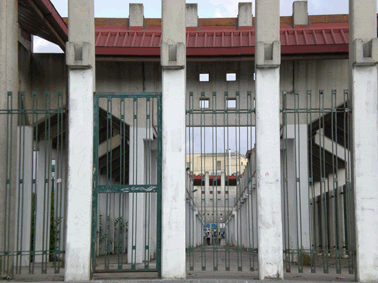Languages, perceptions and urban tensions in the global city
DOI:
https://doi.org/10.6092/2281-4574/1840Keywords:
linguaggi, percezioni, cittàAbstract
The city is a subject of narration under different points of view – technical, scientific, literary and artistic ones – expressing themselves through specific languages.
Besides these “external languages” there is also a typical language of the city which constantly writes and rewrites parts, configuring the city as a palimpsest.
The city tells itself to the user-observer of its external spaces, who perceives the city’s messages through the senses and re-elaborates them through mental filters, translating them into perceptions.
In the contemporary city a sense of disorientation is being perceived, giving rise to worries, anxiety, fears; “tensions” in one word. The reasons of this discomfort may be found also in the effects of globalisation, which has generated an imbalance between the virtual and the real, the global and the local, introducing discontinue fragments of globalism in the neighbourhoods, exasperating fears and mistrust, and consolidating differences, exclusion and segregation.
Downloads

Downloads
Published
Issue
Section
License
Gli autori che pubblicano su questa rivista accettano le seguenti condizioni:- Gli autori mantengono i diritti sulla loro opera e cedono alla rivista il diritto di prima pubblicazione dell'opera, contemporaneamente licenziata sotto una Licenza Creative Commons - Attribuzione che permette ad altri di condividere l'opera indicando la paternità intellettuale e la prima pubblicazione su questa rivista.
- Gli autori possono aderire ad altri accordi di licenza non esclusiva per la distribuzione della versione dell'opera pubblicata (es. depositarla in un archivio istituzionale o pubblicarla in una monografia), a patto di indicare che la prima pubblicazione è avvenuta su questa rivista.
- Gli autori possono diffondere la loro opera online (es. in repository istituzionali o nel loro sito web) prima e durante il processo di submission, poiché può portare a scambi produttivi e aumentare le citazioni dell'opera pubblicata (Vedi The Effect of Open Access).

